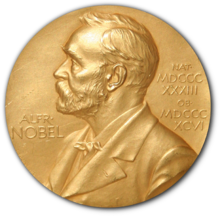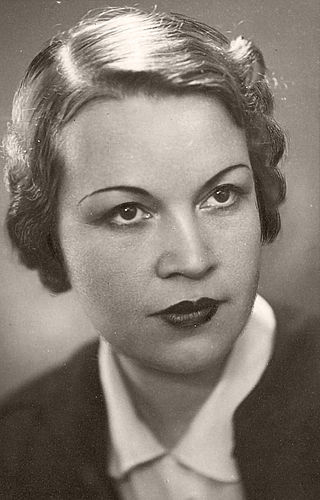
Elisaveta Bagryana, born Elisaveta Lyubomirova Belcheva, was a Bulgarian poet who wrote her first verses while living with her family in Veliko Tarnovo in 1907–08. She, along with Dora Gabe (1886–1983), is considered one of the "first ladies of Bulgarian women's literature". She was nominated for the Nobel Prize in Literature three times.
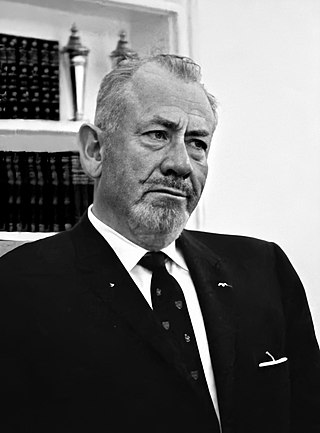
The 1962 Nobel Prize in Literature was awarded to the American author John Steinbeck (1902–1968) "for his realistic and imaginative writings, combining as they do sympathetic humour and keen social perception."
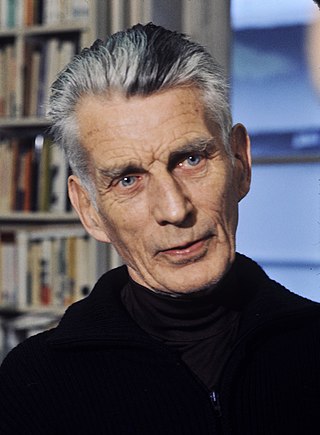
The 1969 Nobel Prize in Literature was awarded to the Irish author Samuel Beckett (1906–1989) "for his writing, which - in new forms for the novel and drama - in the destitution of modern man acquires its elevation."

The 1972 Nobel Prize in Literature was awarded to the German author Heinrich Böll (1917–1985) "for his writing which through its combination of a broad perspective on his time and a sensitive skill in characterization has contributed to a renewal of German literature." Böll is the fifth German author to be recipient of the prize.

The 1931 Nobel Prize in Literature was posthumously awarded to the Swedish poet Erik Axel Karlfeldt (1864–1931) with the citation: "The poetry of Erik Axel Karlfeldt." He was the third Swede to win the prize and remains the only recipient to be posthumously awarded. Karlfeldt had been offered the award already in 1919 but refused to accept it, because of his position as permanent secretary to the Swedish Academy (1913–1931), which awards the prize.

The 1914 Nobel Prize in Literature was not awarded when the committee's deliberations were upset by the beginning of World War I (1914–1918). Thus, the prize money was allocated to the Special Fund of this prize section. This was the first occasion in Nobel history that the prize was not conferred.

The 1918 Nobel Prize in Literature was withheld the second time since 1914 because the committee's deliberations were still disturbed by the ongoing World War I (1914–1918). The war ended on 11 November 1918, a month after the annual announcement ceremony. Thus, the prize money was allocated to the Special Fund of this prize section. There are rumors that the reason for the suspension of the 1918 Nobel Prize in Literature is that the Swedish royal family misappropriated the Nobel Prize fund at that time, but the specific reason is not known.

The 1953 Nobel Prize in Literature was awarded to the Prime Minister of the United Kingdom Sir Winston Churchill (1874–1965) "for his mastery of historical and biographical description as well as for brilliant oratory in defending exalted human values." He is the sixth British writer to receive the prize, coming after the philosopher Bertrand Russell in 1950.
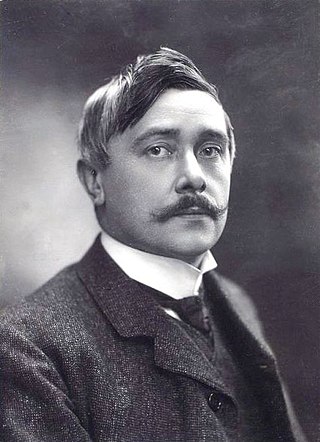
The 1911 Nobel Prize in Literature was awarded to the Belgian author Maurice Maeterlinck (1862–1949) "in appreciation of his many-sided literary activities, and especially of his dramatic works, which are distinguished by a wealth of imagination and by a poetic fancy, which reveals, sometimes in the guise of a fairy tale, a deep inspiration, while in a mysterious way they appeal to the readers' own feelings and stimulate their imaginations." He is the first and remains only the Belgian recipient of the prize.

The 1940 Nobel Prize in Literature was not awarded when the Nobel committee's deliberations were upset by the start of World War II on September 1, 1939. Instead, the prize money was allocated with 1/3 to the Main Fund and with 2/3 to the Special Fund of this prize section. This was the fourth occasion in Nobel history that the prize was not conferred.

The 1941 Nobel Prize in Literature was not awarded due to the ongoing World War II that started in September 1, 1939. Instead, the prize money was allocated with 1/3 to the Main Fund and with 2/3 to the Special Fund of this prize section. This was the fifth occasion in Nobel history that the prize was not conferred.

The 1942 Nobel Prize in Literature was not awarded due to the ongoing World War II. Instead, the prize money was allocated with 1/3 to the Main Fund and with 2/3 to the Special Fund of this prize section. This was the sixth occasion in Nobel history that the prize was not conferred.

The 1939 Nobel Prize in Literature was awarded to the Finnish writer Frans Eemil Sillanpää (1888–1964) "for his deep understanding of his country’s peasantry and the exquisite art with which he has portrayed their way of life and their relationship with Nature." He is the first and the only Finnish recipient of the prize.

The 1968 Nobel Prize in Literature was awarded to the Japanese writer Yasunari Kawabata (1899–1972) "for his narrative mastery, which with great sensibility expresses the essence of the Japanese mind." He is the first Japanese recipient of the prize.

The 1965 Nobel Prize in Literature was awarded the Russian novelist Mikhail Sholokhov (1905–1984) "for the artistic power and integrity with which, in his epic of the Don, he has given expression to a historic phase in the life of the Russian people." He is the third Russian-speaking author to become the prize's recipient.
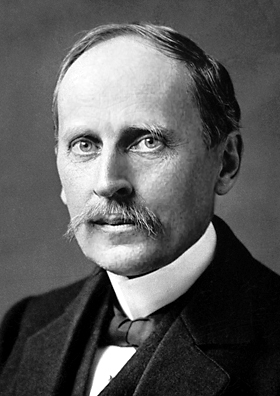
The 1915 Nobel Prize in Literature was awarded to the French author Romain Rolland (1866–1944) "as a tribute to the lofty idealism of his literary production and to the sympathy and love of truth with which he has described different types of human beings." The prize was awarded the following year on November 9, 1916 and he is the third Frenchman who became a Nobel recipient for the literature category.
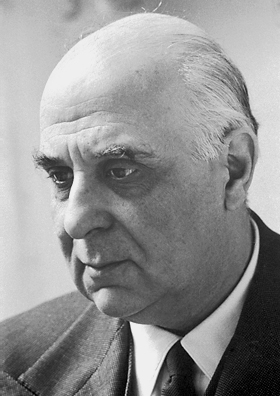
The 1963 Nobel Prize in Literature was awarded the Greek poet and diplomat Giorgos Seferis (1900–1971) "for his eminent lyrical writing, inspired by a deep feeling for the Hellenic world of culture." He is the first Greek laureate to win the Nobel Prize.

The 1945 Nobel Prize in Literature was awarded to the Chilean poet Gabriela Mistral (1889–1957) "for her lyric poetry, which inspired by powerful emotions, has made her name a symbol of the idealistic aspirations of the entire Latin American world." She is the fifth female and first Latin American recipient of the literature prize.
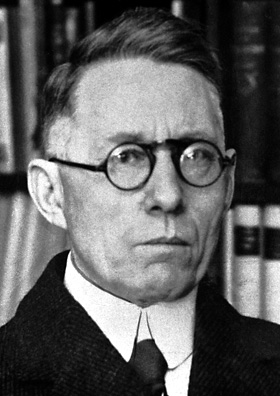
The 1944 Nobel Prize in Literature was awarded to the Danish author Johannes V. Jensen "for the rare strength and fertility of his poetic imagination with which is combined an intellectual curiosity of wide scope and a bold, freshly creative style." He is the fourth Danish recipient of the literary prize.

The 1924 Nobel Prize in Literature was awarded to the Polish author Wladyslaw Reymont "for his great national epic, The Peasants".
